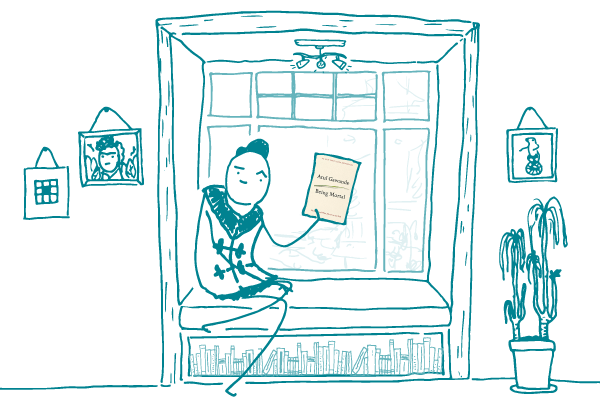
As you know, dear readers, communicating about treatment options to patients who are sick and scared is a big health literacy challenge. And what’s even harder? Communicating about medical care when every treatment is likely to cause more harm than good.
That is the tough — and important — subject of Being Mortal: Medicine and What Matters in the End by Atul Gawande.
The book is partly a history of care and treatment of older adults in the United States, and partly a rallying cry for doctors, patients, and family members to have honest conversations about what’s most important to someone with a terminal illness.
Gawande, a surgeon himself, asks: “When should we try to fix and when should we not?” To help people make the best decision, he lists a series of questions that get at both the patient’s understanding of the situation and what makes their unique life worth living.
We won’t spoil the ending by listing the questions here. For the full context, we definitely recommend reading the book, in which Gawande combines facts and data with compelling personal stories — including his own father’s death from cancer.
Of course, the conversations Gawande advocates for are hard. Few people want to talk about the inevitable, but Being Mortal offers both a reason and a way to do it. Because, as Gawande says: “Death, of course, is not a failure. Death is normal.”
The bottom line: Being Mortal explores options for making illness and death less harrowing — and more meaningful.
Browse recent posts